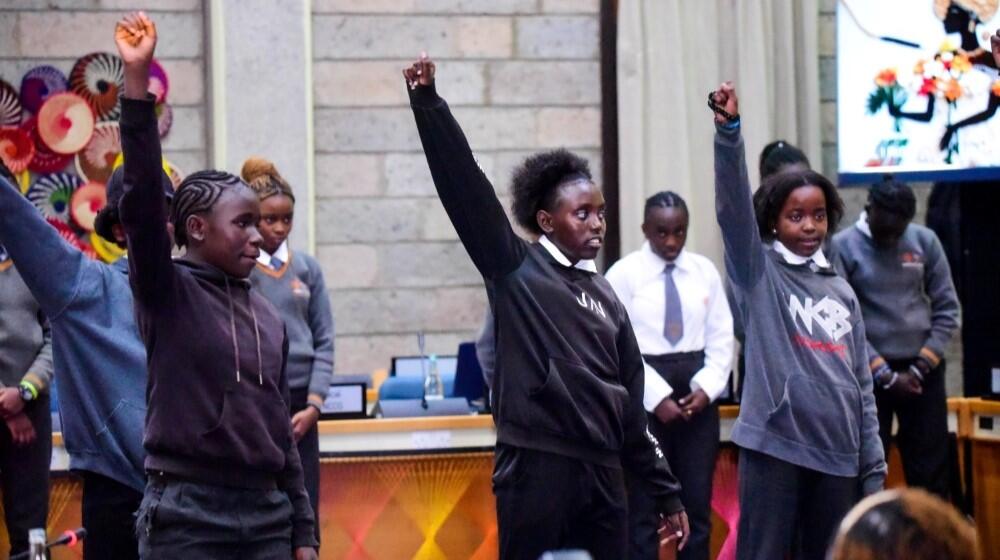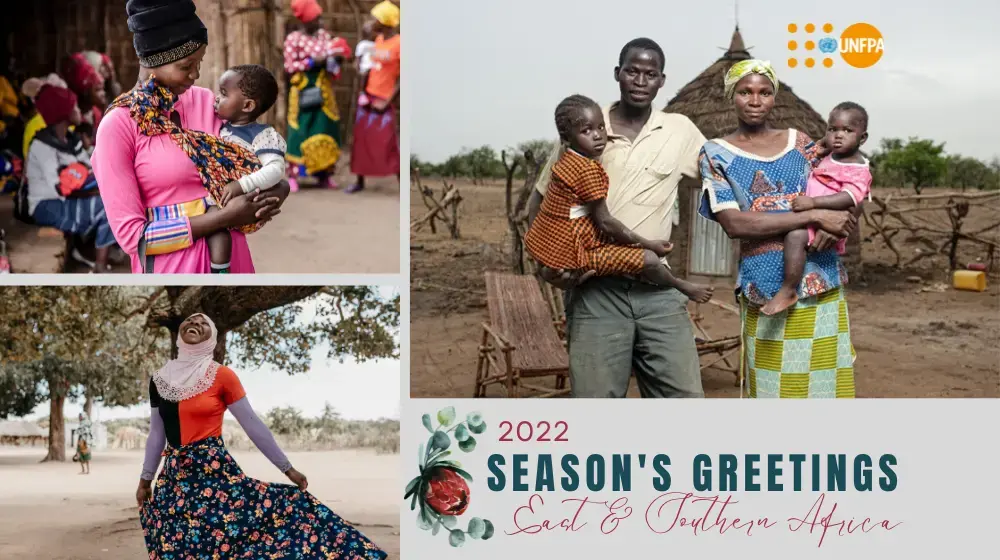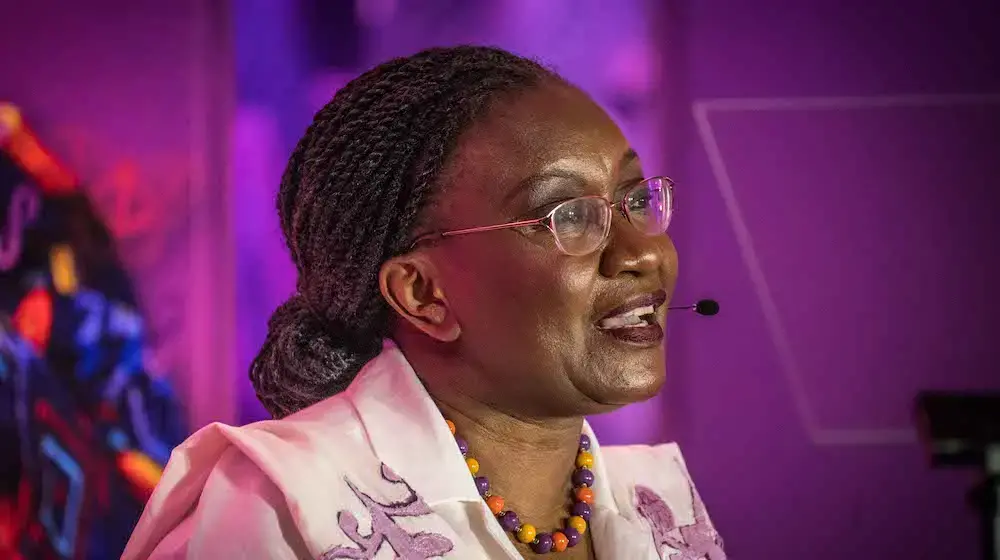8 October 2024, Nairobi, Kenya – In the recent Humanitarian Partners Round Table hosted by the Government of Kenya and the United Nations Population Fund (UNFPA), regional leaders came together to confront the escalating humanitarian crises impacting millions across East and Southern Africa.
With nearly 65 million people in the region requiring urgent humanitarian assistance, the event underscored the urgent need to prioritize sexual and reproductive health services for women, adolescents, and youth affected by conflict and climate-induced displacement.
UNFPA Regional Director Lydia Zigomo, said, “We cannot afford to leave women and girls behind in humanitarian settings. Access to sexual and reproductive health is not a luxury—it is a lifeline. Today’s discussions have reaffirmed our shared commitment to advancing these rights, especially for those most vulnerable.”
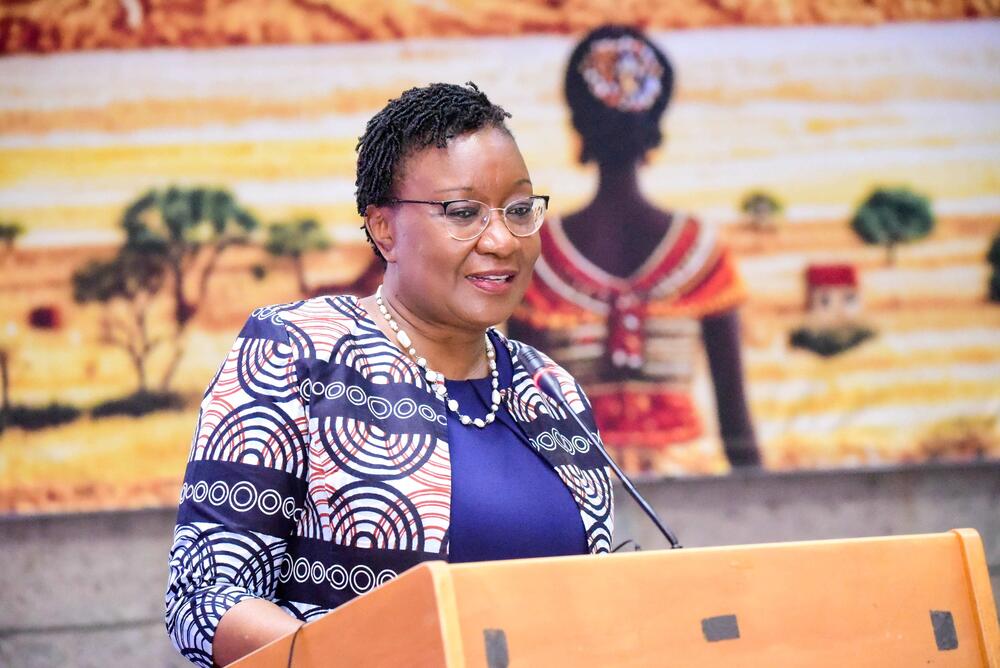
The round table spotlighted the intersection of conflict, climate change, and displacement, which has disproportionately affected women and girls across the region. More than 23.6 million people are expected to be forcibly displaced in East and Southern Africa by the end of 2024, and in northern Mozambique, over 1 million people have already fled violence, with women making up more than half of this population. Many of these women lack access to basic healthcare, increasing their risks of maternal mortality, gender-based violence, and unintended pregnancies.
Participants also explored innovative solutions for addressing these urgent needs. From the motorcycle ambulances in Turkana County, Kenya, which have been instrumental in transporting pregnant women to healthcare facilities during droughts, to mobile clinics in Mozambique’s Cabo Delgado province, UNFPA’s initiatives were recognized as crucial for saving lives. The round table emphasized the need for stronger partnerships, increased investments, and inclusive policies to continue these critical services.
The event concluded with a clear call for action: stronger policy frameworks are needed to protect vulnerable populations, particularly women and girls, in humanitarian settings. Strengthened partnerships between governments, UNFPA, civil society, and the private sector will be essential to delivering tailored interventions on the ground. As highlighted by the Secretary for Administration in the State Department for Environment and Climate Change in Kenya, Mr. John Elungata, “This situation calls for collective actions from all of us not only to respond to the needs of the affected but also to strengthen preparedness for these increasingly frequent and severe disaster events.”
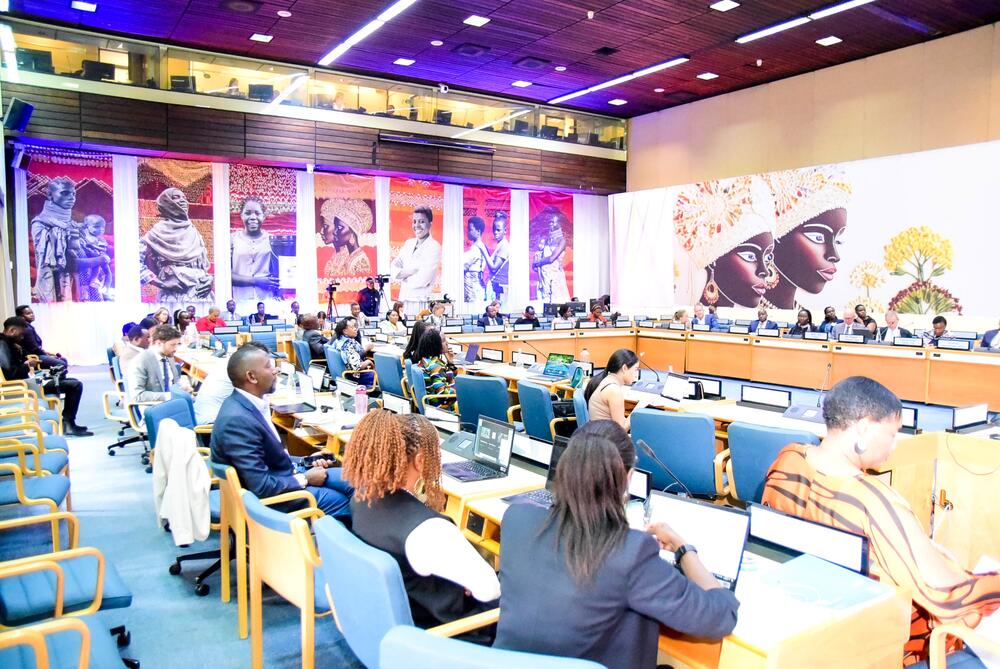
This round table has set the stage for increased urgency and commitment to address the humanitarian crisis across East and Southern Africa. UNFPA will continue scaling up its operations, working alongside partners to ensure that women and girls receive the care and protection they need, no matter where they are.
UN Resident Coordinator in Kenya, Stephen Jackson, in his remarks quoted UN Secretary-General António Guterres, “The climate crisis is a humanitarian crisis. Every fraction of a degree counts, every voice can make a difference, and every moment is an opportunity to take action.”
For more information, contact
UNFPA Kenya - Irene Wangui, Communications Specialist
UNFPA East and Southern Africa Regional Office - Daisy Diamante Leoncio, Regional Communications Adviser
Phone: +254 20 762 1234
Email: esaro@unfpa.org
Website: (http://www.unfpa.org)
Secretary for Administration in the State Department for Environment and Climate Change in Kenya, Mr. John Elungata,

